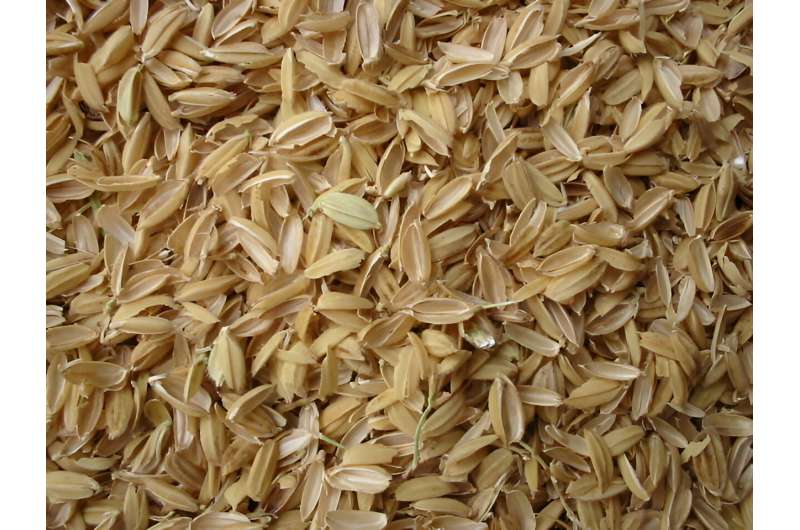
JUNE 17, 2024 by Samuel Jarman, SciencePOD
Collected at: https://phys.org/news/2024-06-agricultural-polluted.html
As many parts of the developing world experience rapid economic growth, the quality of their water supplies is coming under increasing strain. To keep pace with a growing demand for water, there is now a pressing need for water recycling facilities that can remove pollutants from wastewater. Recently, many synthetic materials have emerged which can absorb pollutants very efficiently. However, their high costs place them out of reach for many developing nations.
In research published in Applied Surface Science Advances, O P Pandey and colleagues at Thapar Institute of Engineering and Technology, Patiala, India, present an in-depth analysis of how natural biosorbents could provide an affordable alternative for treating wastewater. With the right approach, the team shows that these eco-friendly materials could be produced from agricultural waste, making them far more accessible in developing countries.
Many types of agricultural waste, including sawdust, fruit stones and peels and the husks from nuts and rice, are known for their absorbent properties. All the same, these raw waste products are not particularly well-suited for absorbing pollutants such as dyes, heavy metals, and pharmaceutical drugs.
In their study, Pandey’s team present a detailed summary of the pollutants commonly found in wastewater, and explore possible mechanisms which could be employed to absorb them using natural materials. They then use their findings to review a variety of emerging techniques for treating agricultural waste products to improve their performance as biosorbents.
For different types of waste products, the researchers considered how approaches including chemical activation and altering nanostructure could increase surface area and porosity, while also making them easier to dispose of after absorbing pollutants.
Pandey’s team hope their findings might provide a useful guide for future research, and could pave the way for new approaches to treating agricultural waste products for use as biosorbents for wastewater treatment. Through this, they could one day help millions of people in the developing world to gain easier, more affordable access to clean water.
More information: Shagun Kainth et al, Green sorbents from agricultural wastes: A review of sustainable adsorption materials, Applied Surface Science Advances (2023). DOI: 10.1016/j.apsadv.2023.100562

Leave a Reply